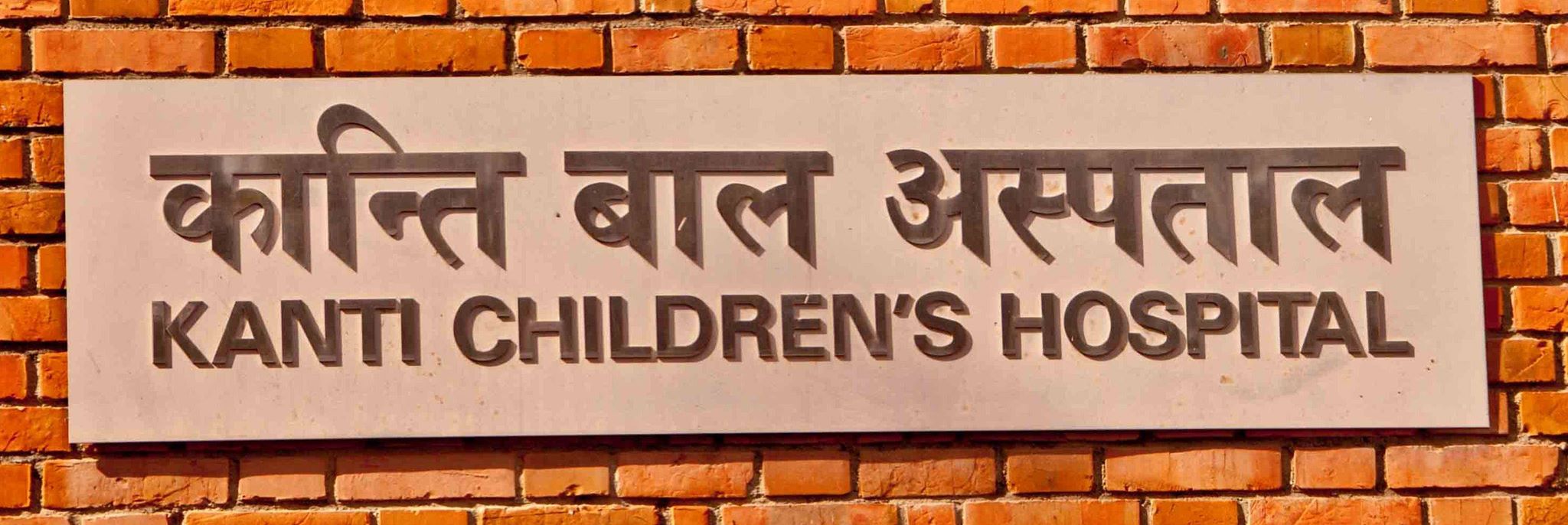Funder
Wellcome Trust (Core grant scientific fund from OUCRU Vietnam)
Principal Investigator
Co-Investigator
Associate Professor Abhilasha Karkey
Researchers
Background
Antibiotics are one of the greatest inventions in the history of medicine which has helped in battling common bacterial infections and saving countless lives. They are designed to kill or inhibit the growth of bacteria, but today’s world is not only using them in an alarming rate but also in viral illnesses for which no antibiotic treatment is required. Globally, antibiotic consumption has increased by 46% between the years 2000 to 2018 and antibiotics are now the most regularly sold drugs in developing countries (1). Various reports suggest irrational use of antibiotics in the form of unnecessary antibiotic use for self-limiting viral infections (treatment or prophylaxis), self-medication with antibiotics by consumers and unnecessary antibiotic prescriptions for self-limiting viral infections by providers in developing countries (1–3). This inappropriate and irrational use of antibiotics has resulted to loss of its effectiveness against common bacterial infections and has brought the world on the verge of a deadly public health problem known as antibiotic resistance. In Nepal, high burden of drug resistant/multidrug resistant bacteria have been reported through various reports (4-6). If the problem of antibiotic resistance continues, most children may have no effective treatment in the future.
Rational/Justification
Children are vulnerable to infections and are dependent on their parents for treatment. Hence, the decision that they make directly impacts their children. Nepal has no adequate surveillance system for tracking antibiotic resistance rates or documenting antibiotic use. Hence, the present study aims to study inappropriate use of antibiotics in children affected with common childhood illnesses. Children need appropriate treatment to limit the development of antibiotic resistance and hence, it is essential to understand parents’ administration of treatment to their children.
Objectives
Primary objective
To measure the proportion of inappropriate use of antibiotics for the management of common childhood illnesses
Secondary objective
Study population
Parents/guardian of children aged 1 month to 14 years admitted to Kanti children’s hospital for common childhood illnesses
